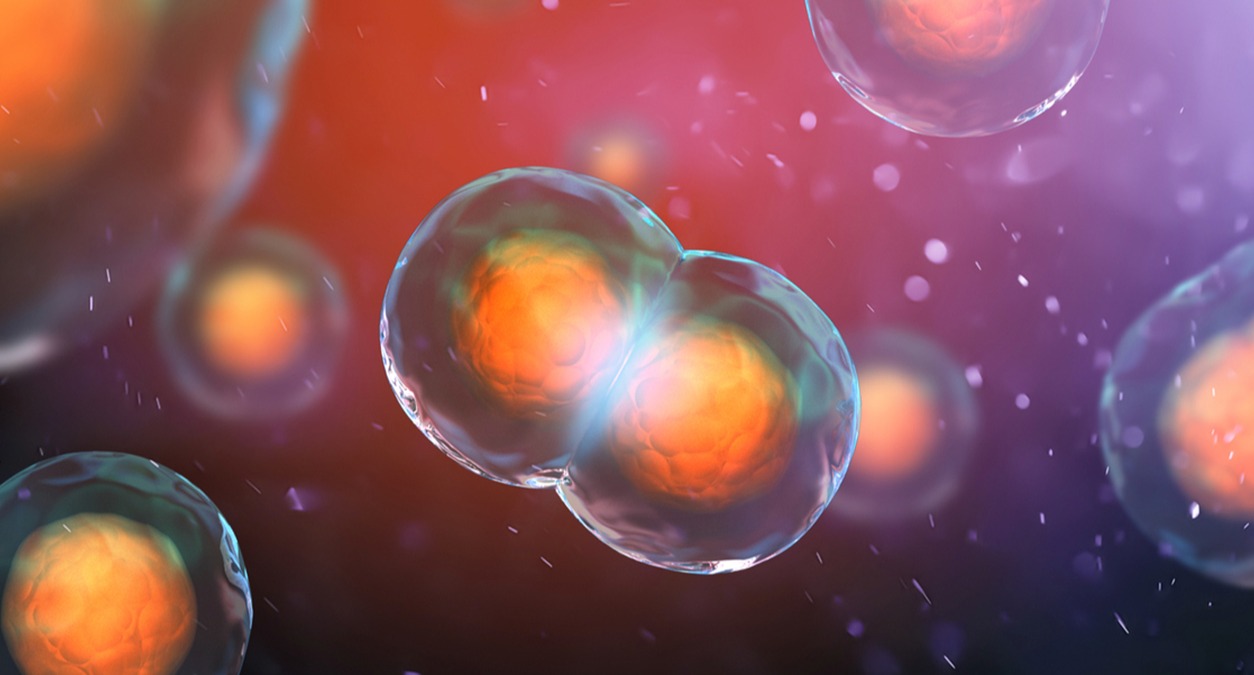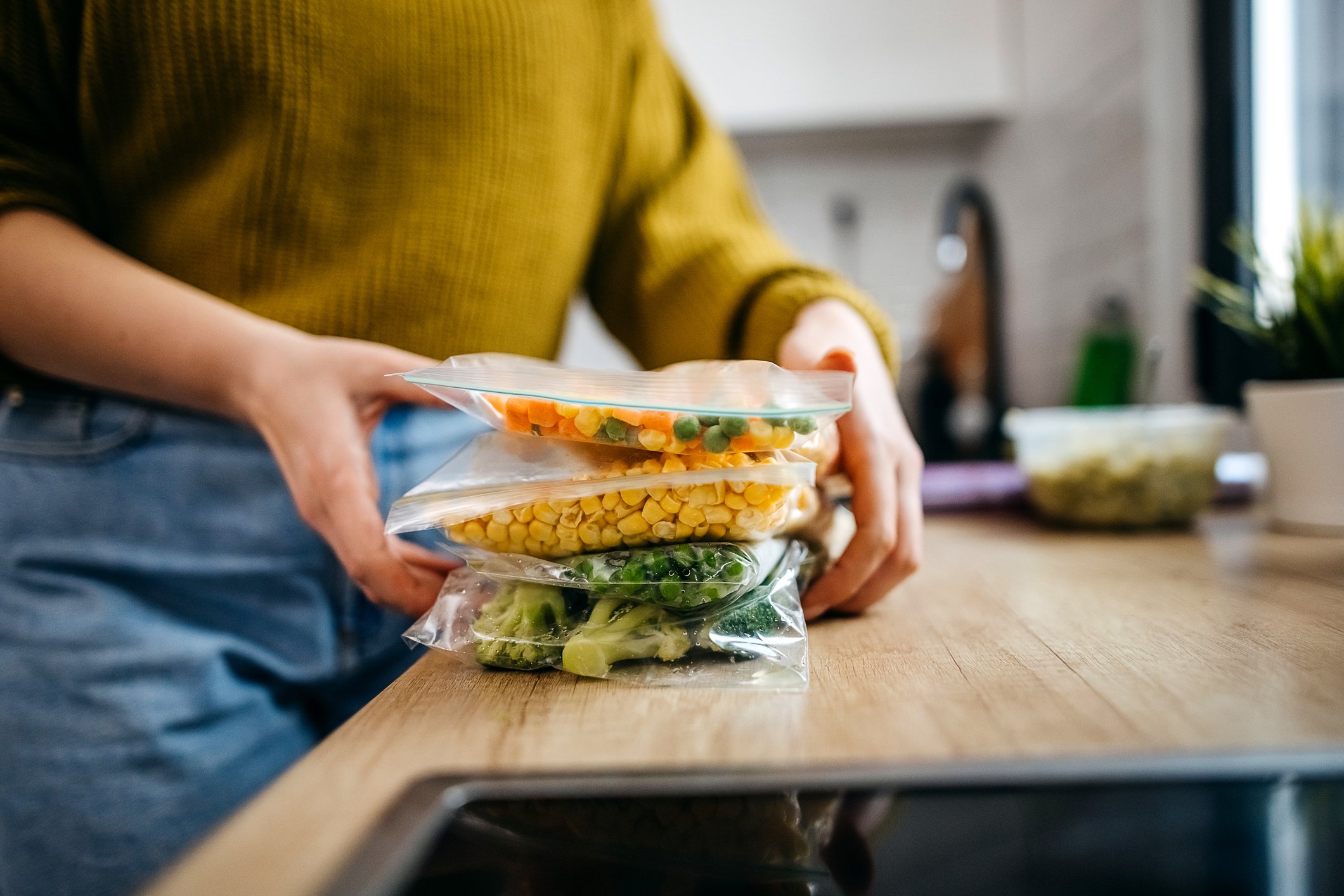
Why our bodies are so good at gaining weight
Excess body fat is an annoying problem for some of us and a life-threatening issue for others. The NHS says 60% of people in Britain are overweight while in America 73% are carrying more fat than is healthy. If it’s not doing us any good, why do our bodies insist on adorning themselves with fat instead of just getting rid of it? The answer lies in our evolution.
Your body is sophisticated stone-age hardware.
It’s easy to forget as you go about modern life that you’re operating stone-age hardware - an organism made of 37 trillion cells - all of which are looking for a constant supply of energy.
Like other animals, we are driven to seek out energy sources to survive and reproduce. Over millions of years, we have evolved to deal with an ample supply of energy one day, then nothing for a while.
Even as we gave up hunting and gathering when farming became established 12,000 years ago, there was still no guarantee of where the next meal would come from.

Saving for a rainy day
Evolving under the permanent threat of hunger meant that, to ensure survival, the human body developed sophisticated mechanisms of energy storage.
By efficiently packing away any excess in times of plenty, our bodies can store huge amounts of energy - in the liver, in muscles and as fat. We can live for days from these alone, allowing us to survive long enough to find more nourishment.
This essential survival mechanism is why our bodies are so good at holding onto every bit of excess energy we consume.
Modern life is like a software update that went wrong
What we haven’t evolved for is constant abundance. If you consider how long it took our bodies to evolve to their current state, farming is a relatively recent development and we've positively sprinted from there to convenience foods being delivered to our homes at the touch of a button.
In a body that evolved to hold on to as much excess energy as it could, most people have to navigate a world where the opportunity to eat just turns up, even when we aren't looking.
Too much of a good thing
Originally, the development of processed foods was intended to meet the dietary needs of growing populations. Unfortunately, their dramatic success has instead helped contribute to the current global obesity crisis.
Processed foods are often energy dense but nutrient poor and while they're designed to offer us convenience, they are also quick to eat. And that is not a good thing.
Not only does it no longer require any effort to procure energy, processing our food also reduces the effort needed to extract it. Much of the hard work of breaking down (digesting) food has been done, allowing energy to be quickly released into our blood.
Quick release energy
For example, a lot of Limbo members quickly discover that the fruit juices and smoothies they've chosen as a healthy option actually lead to a rapid blood sugar spike, indicating that the body is taking in too much energy at once.
Smoothies and juices release their energy so quickly because they have reduced the work your body has to do. By eliminating the bits of food that are difficult to chew and digest, then liquidising the ingredients takes away the natural stages of digestion. And this does not apply only to drinks. Bread, cereals, snack bars – they all have the hard work taken out of them.
This may sound like a good idea - a quick hit of energy to keep us going. But our body doesn't see it that way. To work at its best, it wants a stable internal environment. At any one time, the most energy you should have in your blood is equivalent to 1 teaspoon of sugar.
By removing the normal anticipation of energy from biting, chewing, swallowing and breaking down food in the stomach, processed foods don't give our body’s chance to prepare for the coming onslaught. This creates a stress situation - blood sugar rises rapidly, insulin is sent to urgently bring it back down, overshoots and it drops too low.
On repeat this cycle drives the long-term damage to our health we see in conditions such as Type 2 diabetes, and ever-increasing fat stores.
Resetting our relationship with food
When you understand how hard your body works to store excess energy as a survival mechanism, you can see why it's so hard to lose weight when there's a constant supply jumping out at you. But it also means you can do something about it.

Work with your body, not against it. For example, your stomach doesn't like being completely empty. Fibre and protein are harder than simple carbohydrates to digest, so eating more of them will keep you feeling full for longer, and your stomach happy.
Become more carbohydrate conscious. By avoiding the easily accessed energy from processed foods and simple carbohydrates you stop putting your body in a stress cycle of boom and bust.
Understand your individual energy system and how to make the most of it. Measuring your energy system via your blood glucose levels allows you to see the effect of food on your body. Armed with that knowledge you can decide for yourself which foods to avoid, and which are doing you good.
